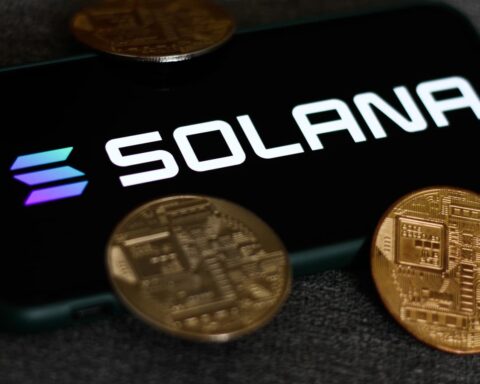The Chinese government is considering additional regulations on artificial intelligence (AI) development, focusing on content control and licensing.
According to the Financial Times, the Cyberspace Administration of China (CAC) plans to implement a system that requires local companies to obtain a license before releasing generative AI systems.
This move indicates a tightening of the initial draft regulations released in April, which allowed companies a 10-day registration period after product launch.
READ MORE: Crypto Firms Struggle to Attract Local Talent in Hong Kong Despite Regulatory Changes
Sources suggest that the new licensing scheme will be included in forthcoming regulations expected to be released by the end of this month.
The April draft regulations also included mandatory security reviews of AI-generated content.
The government emphasized that all content should reflect “core socialist values” and should not undermine national unity, advocate the overthrow of the socialist system, or incite the splitting of the country.
Cointelegraph reached out to the CAC for comment, but no response was received at the time of publication.
Chinese tech and e-commerce giants Baidu and Alibaba both launched AI tools this year, with the latter introducing a rival to the popular AI chatbot ChatGPT.
According to sources in the FT report, both companies have been engaging with regulators in recent months to ensure compliance with the new rules.
In addition to the aforementioned implications of the upcoming regulations, the draft states that Chinese authorities hold tech companies accountable for any content generated using their AI models.
Regulating AI-generated content has become a global concern, with various countries taking steps in this direction.
In the United States, Senator Michael Bennet penned a letter urging tech companies developing AI technology to label AI-generated content. Vera Jourova, the European Commission’s vice president for values and transparency, recently highlighted the need to label generative AI tools’ content to combat disinformation.
The article concludes by suggesting readers collect it as an NFT (non-fungible token) to preserve this moment in history and support independent journalism in the crypto space.




